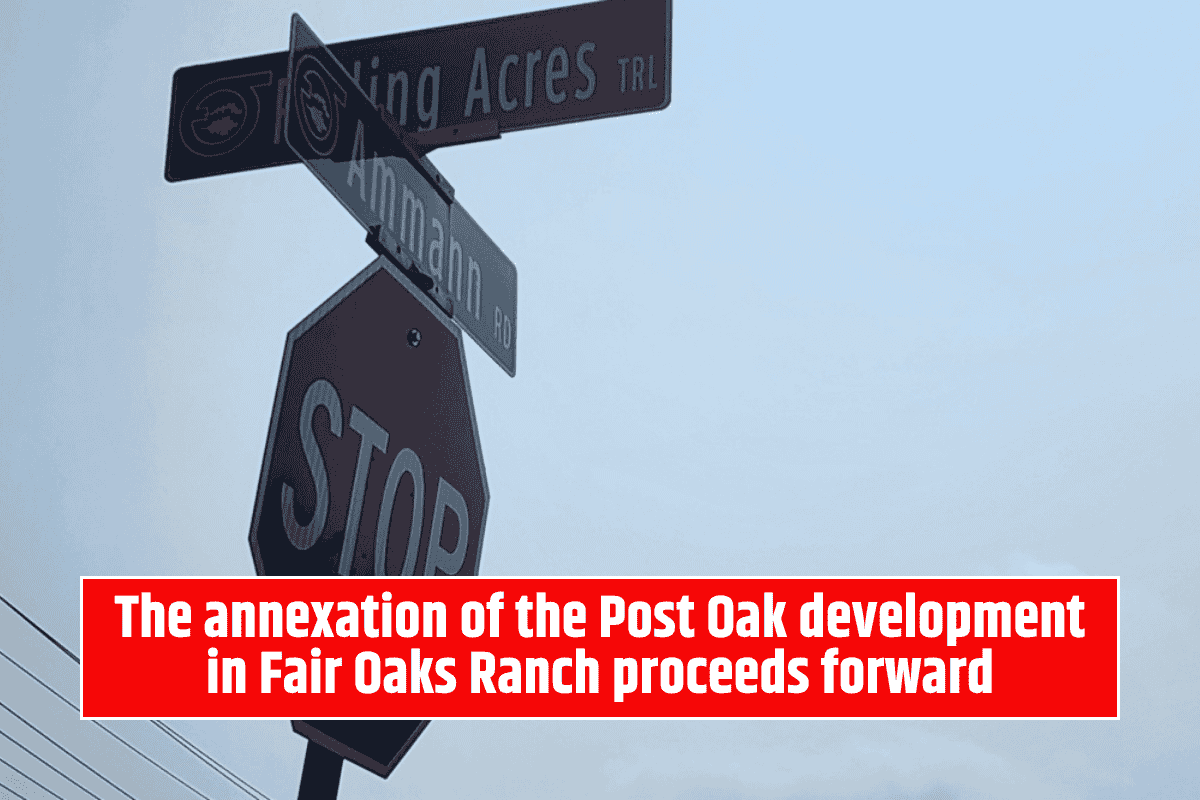Hiring a handyman can be a great solution for a variety of home improvement tasks, from carpentry and flooring to painting and electrical work. But with so many options available, it’s important to be thorough in order to get the best value for your money.
Checkatrade, a platform that connects homeowners with approved local tradespeople, has shared some key things to keep in mind when hiring a handyman.
7 Key Things to Do Before Hiring a Handyman
1. Compare Multiple Quotes
Don’t settle for the first handyman you come across. It’s important to get quotes from at least three local professionals. This will help you understand the going rates in your area and ensure that you’re getting a fair price for the work you need done.
2. Check for Licenses and Permits
Not all handyman tasks require specific licenses, but some do—especially when it comes to electrical, plumbing, or gas-related work. Make sure the handyman you hire has the necessary qualifications and relevant trade memberships. This ensures that the job will be completed to industry standards and within the law.
3. Consider Customer Reviews
Online reviews can be a helpful tool in assessing a handyman’s reliability and quality of work. Look for consistent feedback, whether positive or negative, to get an honest picture of their services. You can also ask for referrals from friends or family for added confidence.
4. Confirm Insurance Coverage
Public liability insurance is a must for any handyman. It protects you in case of accidents or damage that occur during the job. If a handyman doesn’t clearly state their insurance coverage, don’t hesitate to ask for confirmation before they start work.
5. Request Customer References
Don’t be afraid to ask the handyman for references from previous clients, especially those who have had similar work done. Ideally, ask for photographic evidence of the completed projects.
Speaking with past clients will give you insight into the handyman’s workmanship and professionalism. You can also search online or ask for referrals from people you trust.
6. Clearly Define the Scope of Work
Before the project begins, make sure you outline exactly what you need done. This includes specifying materials, measurements, and any special requirements.
Being clear about what’s expected upfront will help prevent misunderstandings and ensure that both parties are on the same page.
7. Create a Written Agreement or Contract
To avoid any potential disputes, it’s essential to have a written agreement that outlines the scope of work, timeline, payment schedule, and any warranties. Having this document in place provides clarity for both parties and recourse if any issues arise.
What Does Being a Handyman Actually Mean?
A handyman, handyperson, or tradesperson typically refers to someone who handles various tasks around the home that don’t require specialist qualifications. According to Checkatrade, handymen often take on jobs like repairs, general home improvements, and maintenance.
While they may not have advanced qualifications in certain fields, many handymen hold certifications or accreditations in specific areas. For example, they might assist with basic carpentry, plumbing, TV mounting, or even safety measures like fitting smoke alarms.















